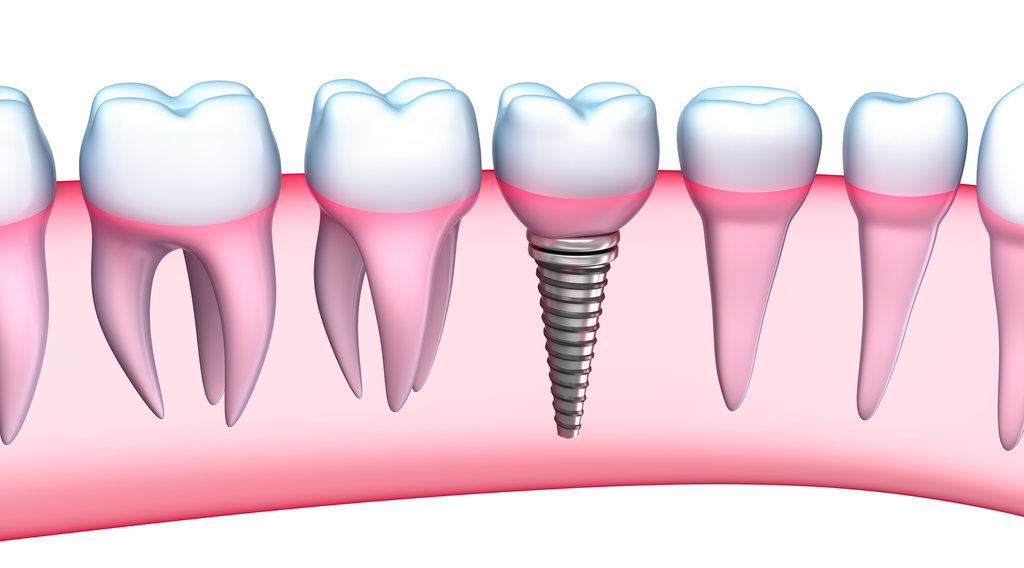How Long Do Dental Implants Last?
Last updated : March 15, 2018Posted by: Woburn Dentistry

Dental implants are an excellent choice for long-term tooth replacement, but how long do dental implants last? Factors that affect how long dental implants lasts depend largely on the patient’s lifestyle and overall dental hygiene. In fact, the technology of dental implants has become so advanced over the years that implant failures due to rejection or functionality issues have largely become problems of the past. Preexisting medical conditions, diseases, and implant misuse are more likely factors to cause an implant to fail. If you have questions about dental implants, our implant Specialist can tell you more about dental implant options. Or, you can visit our full dental implants page here.
Components of a Dental Implant
How long do dental implants last? To fully understand the question “how long do dental implants last,” let’s first lay out the three key components of a dental implant:
1. Implant – The implant is a titanium post that is surgically placed in the jawbone of a patient and acts as a root for the crown.
2. Abutment – The abutment is attached to the implant and holds the crown in place.
3. Crown – The crown is a ceramic tooth that is fastened to the abutment and provides the look of a natural tooth.
In general, the exposed abutment and the crown are more susceptible to damage than the implant itself.
So How Long Do Dental Implants Last?
When properly maintained with adequate brushing and flossing, the implant itself can last a lifetime, assuming the patient receives regular dental check-ups twice a year. A crown, however, is rated to last about 10 to 15 years before normal wear can cause the tooth to require replacement, although excellent dental hygiene could extend the life beyond 15 years.
Mouth location is also a factor in the expected longevity of a dental implant. Implants in the back of the mouth receive more strain from chewing, which can cause them to fail more quickly than implants near the front of the mouth.
Dental Implants vs. Other Tooth-Replacement Options
A dental implant is designed to be a permanent solution for missing teeth and has become the standard tooth-replacement option. Unlike dentures, a dental implant provides sufficient support that acts as a natural tooth and can withstand biting or chewing without slipping. Because dental implants are attached to the interior jawbone, they’re not subject to decay and they don’t put stress on adjacent teeth, both of which are common problems with dental bridges.
What Factors Can Cause an Implant to Fail?
Dental implants provide long-term, indefinite sustainability when properly cared for, but there are several factors that can cause an implant to fail prematurely. People who suffer from diabetes or a preexisting medical condition, such as cancer, have a higher risk of dental implant failure.
Like natural teeth, dental implants have to be maintained through regular brushing and flossing. In severe cases, poor home-care can lead to periodontal (gum) disease, which is another culprit that can impede the success of a dental implant.
Feel free to contact us to learn more about dental implants and proper care techniques.
Thinking about dental implants?
If you are considering dental implants, you need to see the best implant dentist possible. Our implant dentist uses the latest techniques and technologies to achieve outstanding results. Once the implant is placed, you can have a beautiful restoration crafted by our cosmetic dentist. Contact us today to schedule an implant dentist consultation with our world-renowned specialists.





